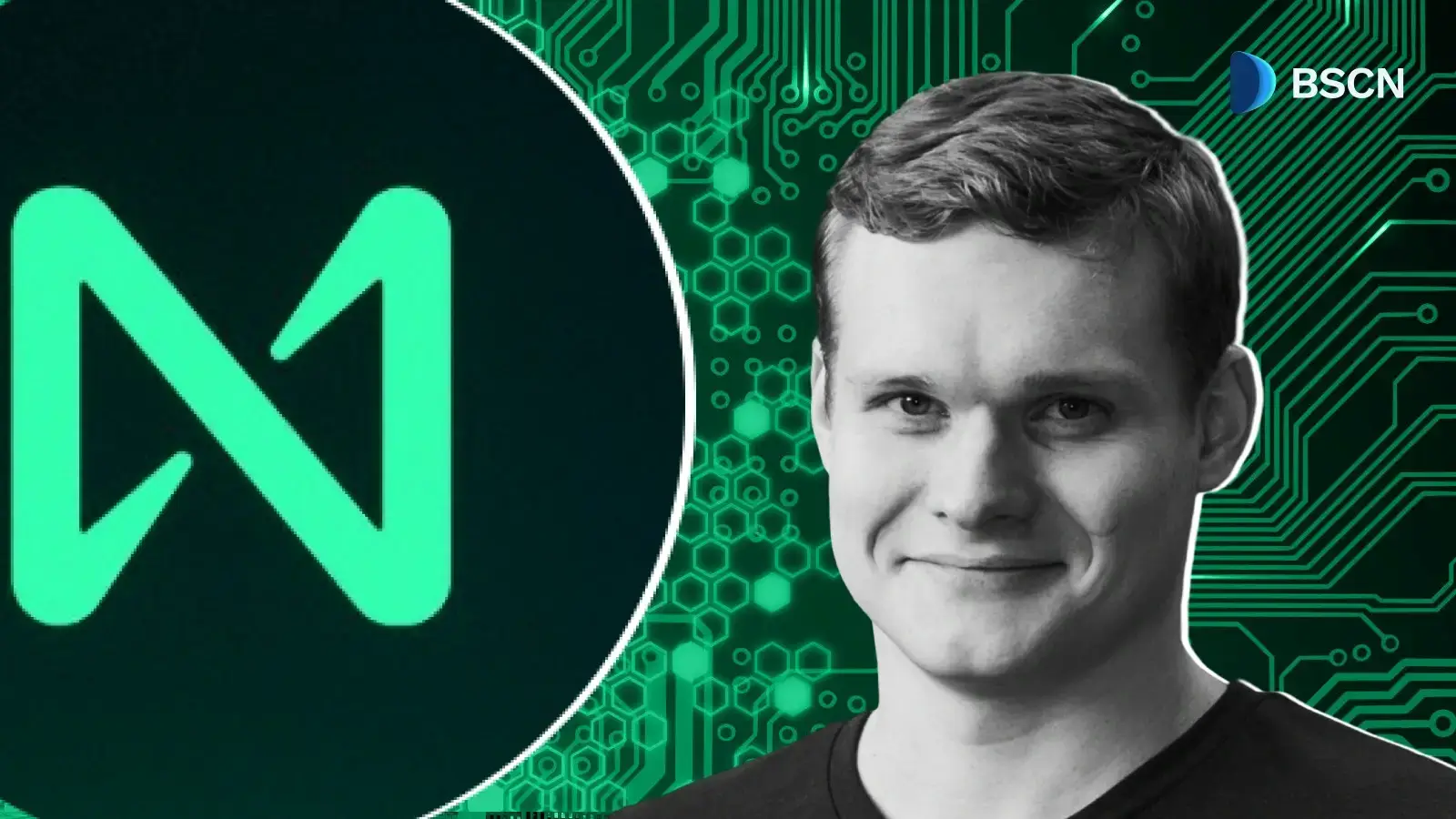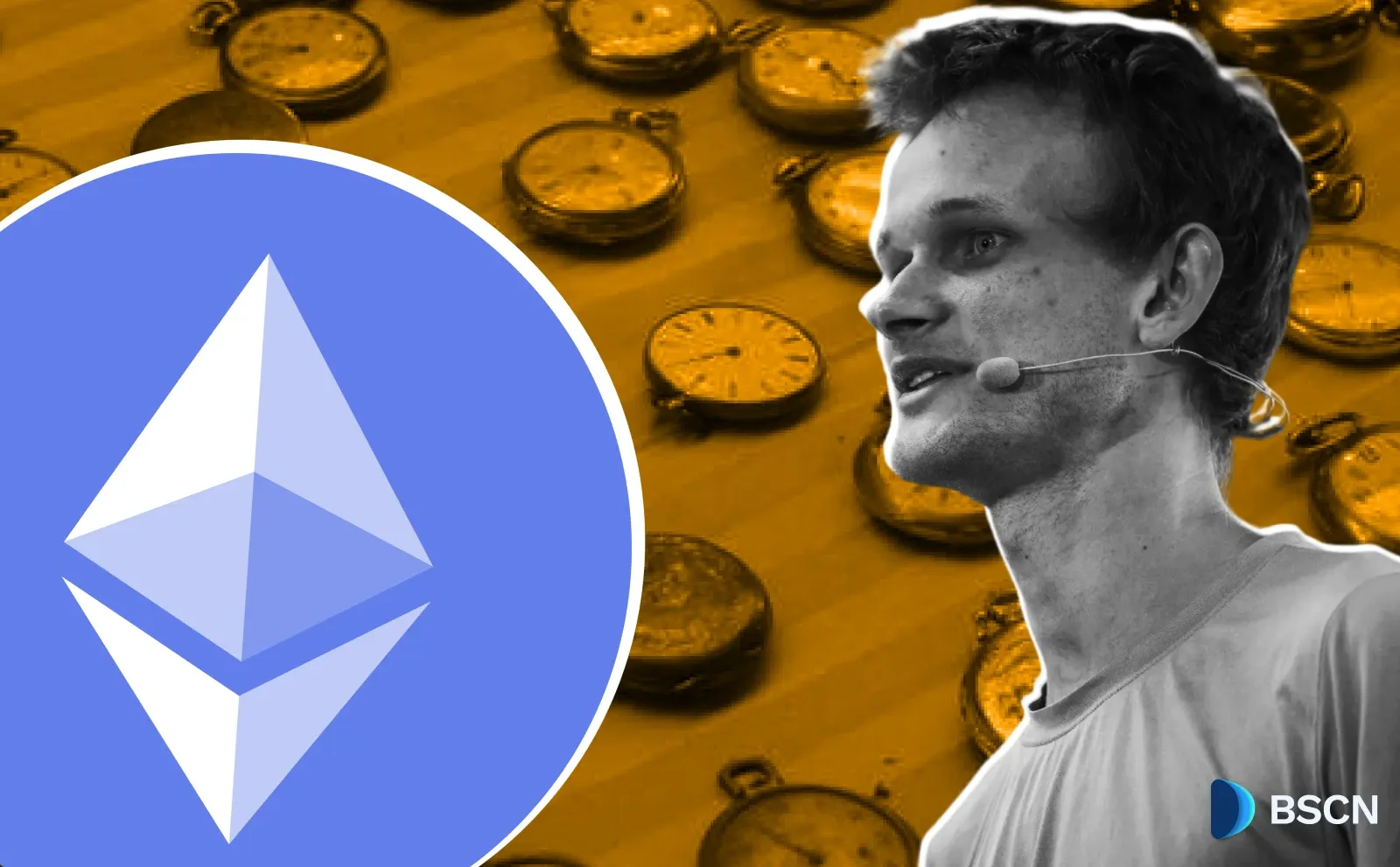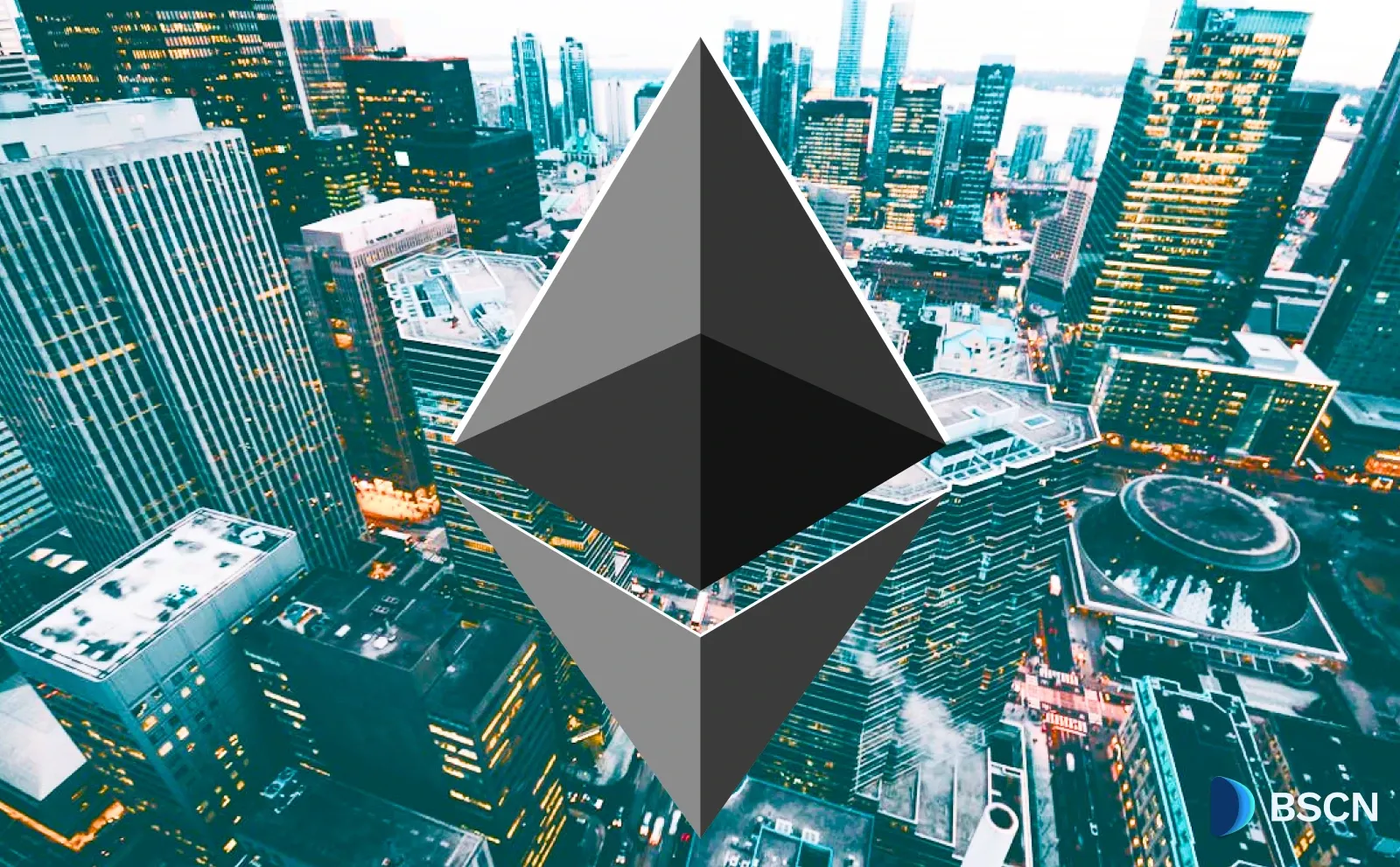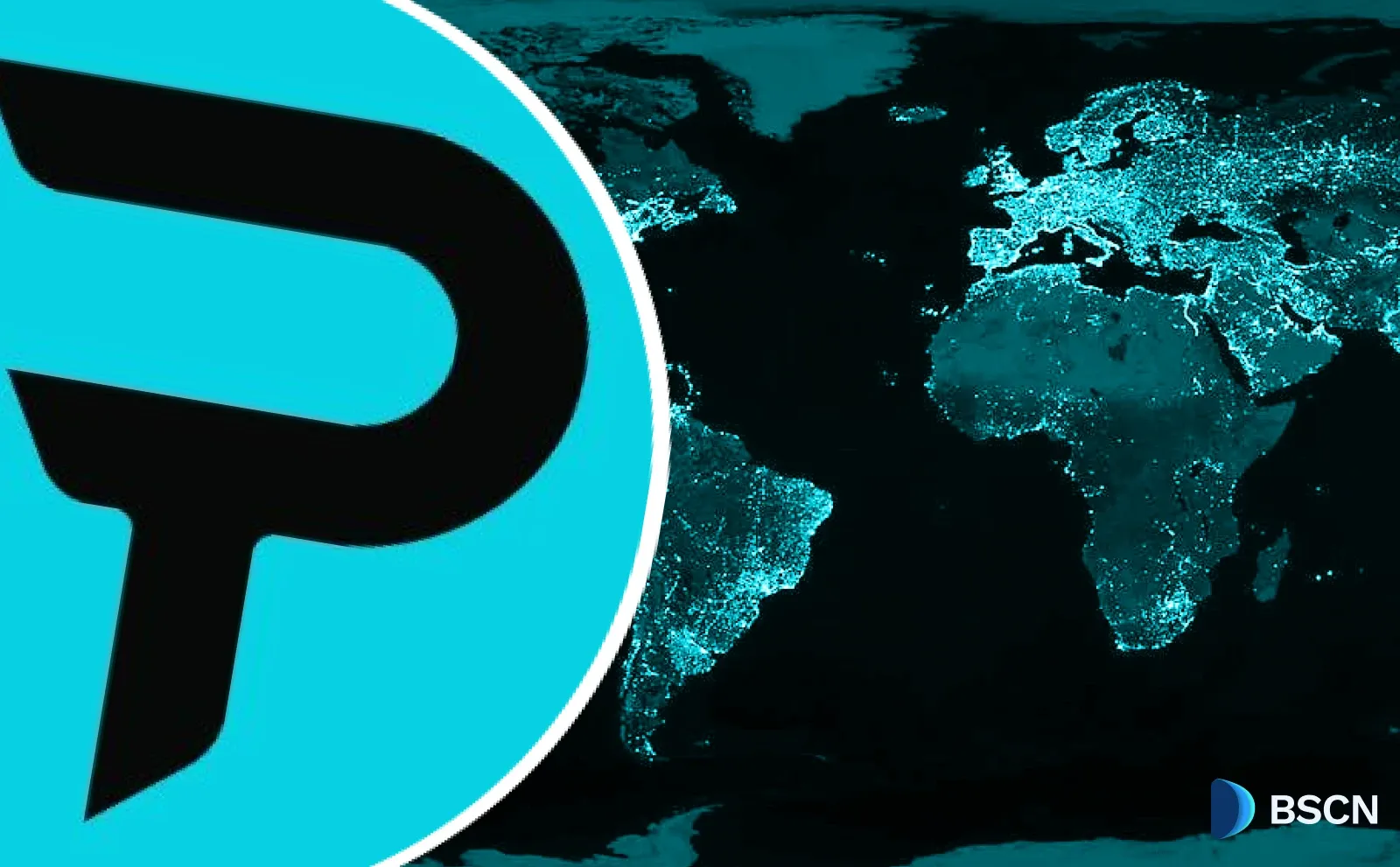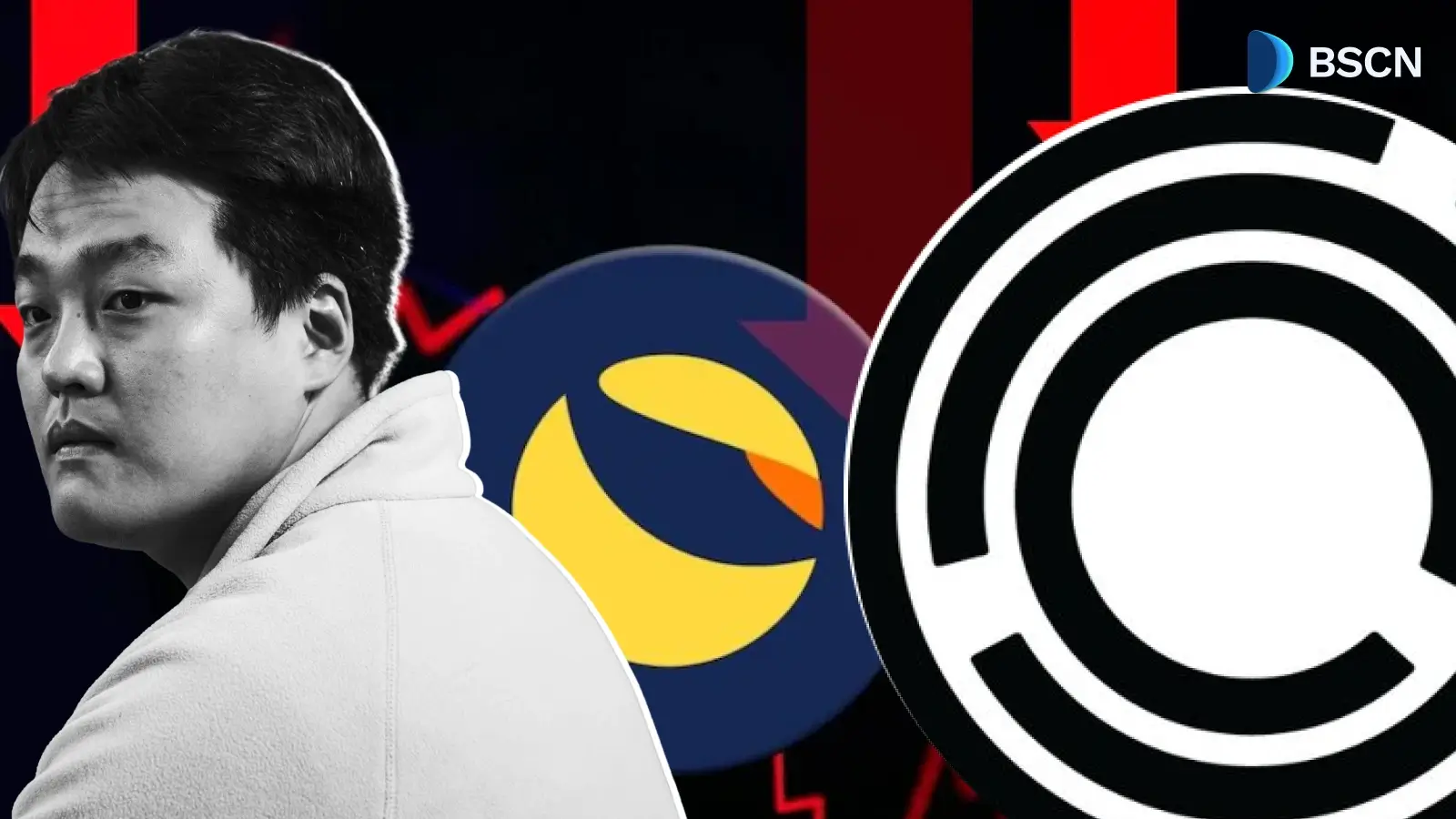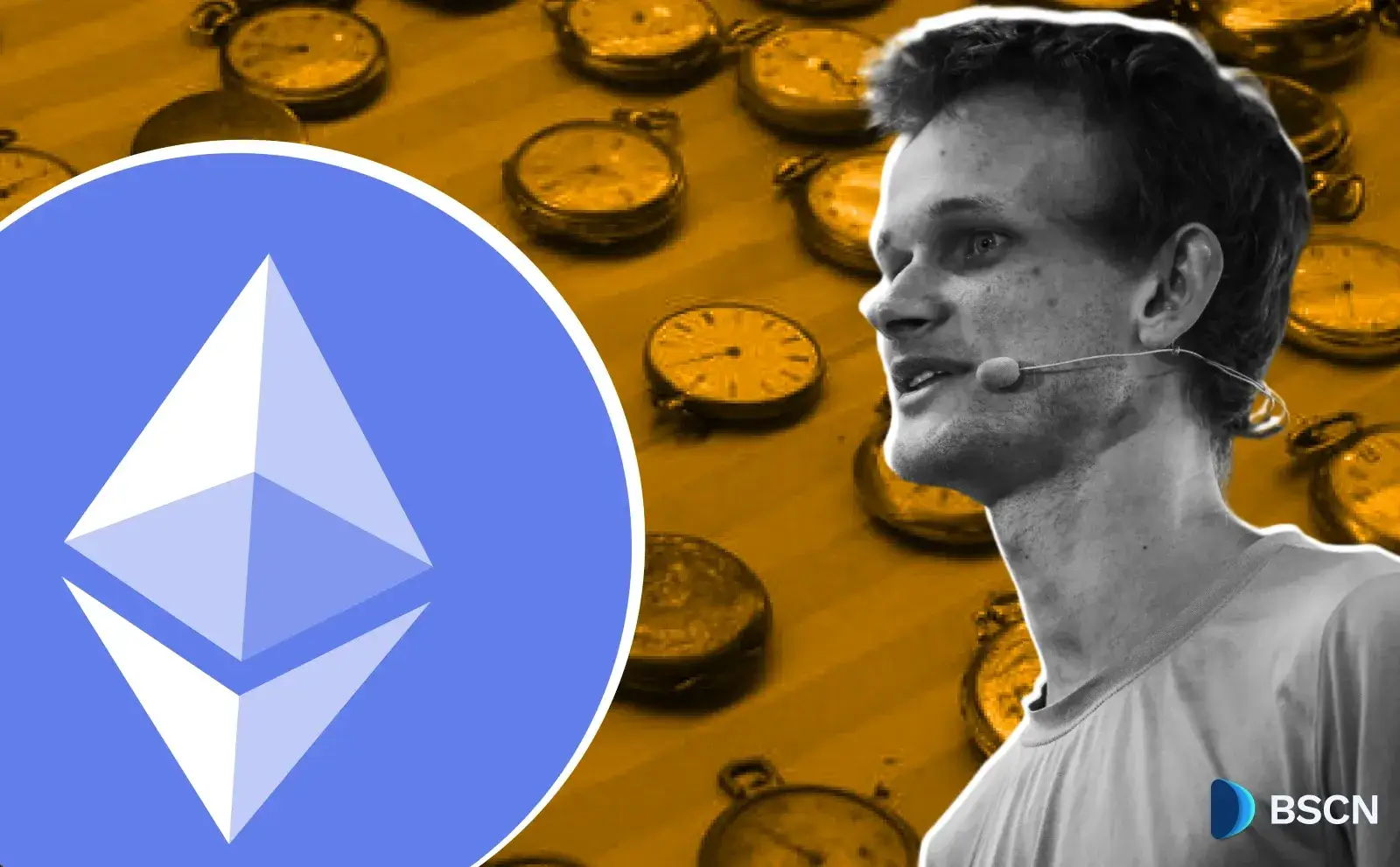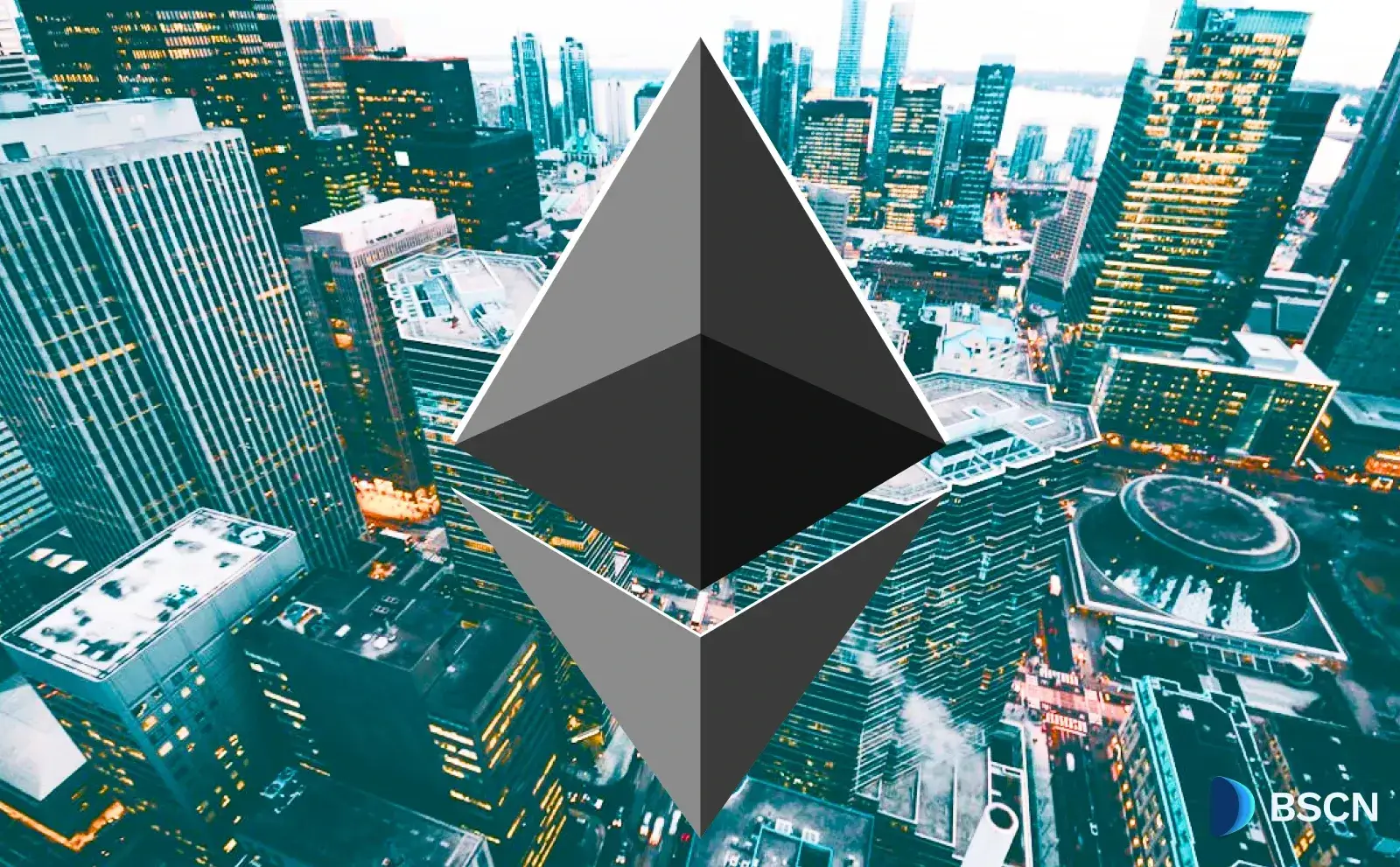PIN AI: Pioneering the Future of Personal, Decentralized AI

PIN AI creates user-owned, privacy-first AI systems that run on-device. Learn about their $10M funding, God Model framework, and decentralized approach to personal AI assistance.
Crypto Rich
May 30, 2025
Table of Contents
The artificial intelligence landscape is witnessing a quiet revolution. While tech giants compete to build bigger, more centralized AI systems, PIN AI has taken a different path entirely.
The Personal Intelligence Network, better known as PIN AI, secured $10 million in pre-seed funding last September. What makes this noteworthy? The company's radical approach to AI development. Instead of following the industry playbook of cloud-based processing, PIN AI is building everything to run on your device.
This isn't just another AI startup. The team includes veterans from Ethereum Core, Google Brain, Stanford, MIT, and Carnegie Mellon University. Co-founder Davide Crapis previously worked with Ethereum Core Research, while Chief AI Scientist Bill Sun holds a Stanford AI/Math PhD and was an early Google Brain researcher. Co-founder Ben Wu is an MIT graduate and Y Combinator alum, and Founding Head of Engineering Regan Peng earned his master's at Carnegie Mellon University. Their goal: transform generic AI into something truly personal while keeping your data under your control. They're currently in early development phases, with limited beta testing underway through their Telegram-based Hi PIN AI app.
Creating AI That Actually Knows You
Traditional AI assistants respond to your commands. PIN AI wants to anticipate them.
The company's mission goes beyond building another chatbot. They're developing AI that understands your habits, processes real-time context, and acts on your behalf without constant prompting. Think of it as the difference between a reactive assistant and a proactive partner.
Three principles guide their approach: trustlessness, transparency, and privacy. But what does this mean in practice? Your personal data never leaves your device. There are no company servers, no data mining, and no selling your information to advertisers.
Data ownership represents the core difference here. While companies like Google and Apple collect your data to improve their AI systems, PIN AI flips this model. You keep your data, control how it's used, and benefit from the value it creates.
The platform's vision extends beyond simple voice commands or text responses. They're building AI that learns your patterns, understands your preferences, and provides relevant support before you even ask—such as booking a restaurant based on your dining habits or suggesting a shopping list tailored to your routine. It's a shift from "Hey Siri" to AI that already knows what you need.
The Tech Behind the Privacy Promise
PIN AI's architecture rests on four technological pillars:
- On-device processing - AI models and learning happen locally on your device
- Trusted Execution Environment - Military-grade security isolation for AI operations
- Blockchain verification - Transparent, auditable records of AI decisions
- Agent marketplace - Specialized AI services while maintaining privacy
Each serves a specific purpose in delivering secure, personalized AI without compromising your privacy.
Your Device, Your AI
Everything runs locally. The AI models, the processing, the learning—all of it happens on your phone, tablet, or computer. No data travels to external servers for processing.
This approach solves multiple problems at once. It provides faster response times since there's no network delay, continued functionality even without the internet, and, most importantly, complete privacy protection since your personal information never leaves your control.
Military-Grade Security
PIN AI implements Trusted Execution Environment (TEE) technology. This creates secure, isolated spaces within your device's processor where AI operations can run without interference from other software or potential security threats.
Even if malware infects your device, the TEE protection keeps your AI assistant and personal data safe. It's like having a vault within your phone that only authorized AI processes can access.
Blockchain Verification
Transparency matters when AI makes decisions on your behalf. PIN AI uses blockchain technology to create permanent, auditable records of AI operations. You can trace every decision back to its source and verify that your AI assistant operates according to your preferences.
This isn't about cryptocurrency. It's about accountability. When AI systems make choices, you deserve to understand why and how those decisions were made.
The Agent Marketplace
PIN AI includes a decentralized marketplace where specialized AI agents can perform specific tasks. Need an AI that excels at financial planning? Or one that understands medical terminology? The marketplace provides access to specialized capabilities while maintaining your privacy.
Developers can create these specialized agents without accessing your underlying personal data. It's a way to expand AI capabilities while preserving the security that makes PIN AI different.
The God Model Framework
PIN AI's "God Model," detailed in their March 14, 2025, whitepaper, is a groundbreaking framework that evaluates and refines AI responses for accuracy and alignment with your personal data, all within a secure, decentralized environment on your device.
The God Model acts as an internal quality control system. It helps your personal AI assistant get better at understanding and serving your needs, but it does this entirely within your device's secure environment.
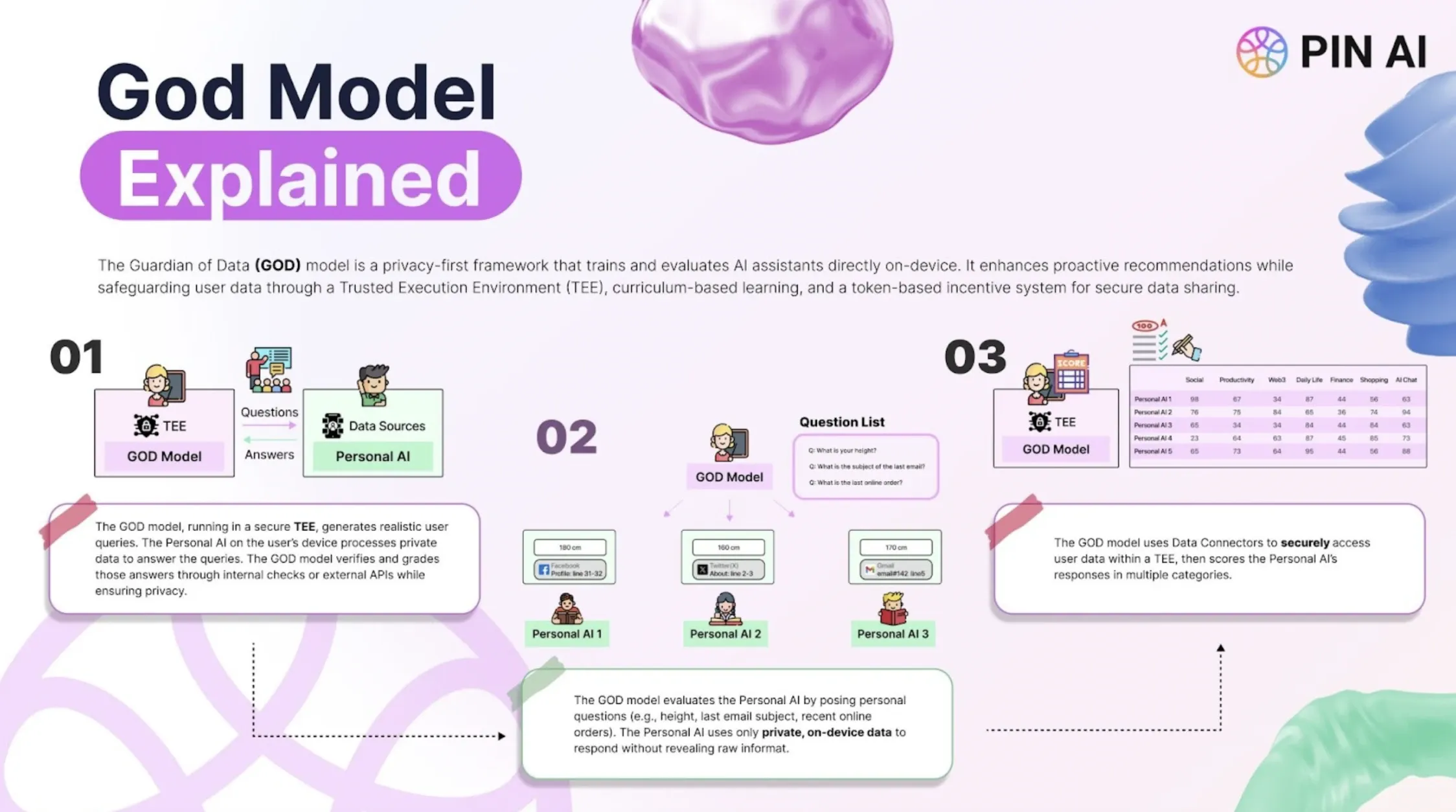
From Funding to Features: PIN AI's Development Journey
The company has hit several major milestones over the past year in their path toward launching a fully decentralized AI platform:
- September 9, 2024 - Secured $10 million pre-seed funding from Hack VC and a16z CSX
- November 4, 2024 - Released beta Hi PIN AI app as a Telegram mini-app, starting as an AI game
- December 25, 2024 - Launched GoPlusSecurity partnership with community incentives around PIN AI Planet
- February 13, 2025 - Opened early adopter sign-ups for broader community access
- March 13, 2025 - Expanded native app access to 50 additional community members in "Phase 2 of Epoch 1"
- March 14, 2025 - Published God Model Whitepaper detailing their secure AI framework
Each represents a step toward their vision of truly personal AI, though the platform remains in early development with limited beta access.
The Money Behind the Mission
September 9, 2024 marked a turning point. PIN AI closed a $10 million pre-seed round led by Hack VC and a16z CSX. Angel investors from Solana, Polygon, Near, and Worldcoin also participated.
This wasn't just about the money. The investor lineup validates PIN AI's approach and provides connections within both AI and blockchain communities. When the a16z group backs your vision, people tend to pay attention.
Building and Testing the Product
Two months later, PIN AI released the beta version of its Hi PIN AI app, a Telegram-based mini-app accessible via the Telegram platform, on November 4, 2024. The launch strategy is clever: it begins as a gamified experience, allowing users to connect social accounts (e.g., Gmail and X) for data farming and earning PIN points, with plans to evolve into a personal AI assistant capable of tasks like shopping or booking. This approach introduces early beta users to PIN AI's personalization benefits in a user-friendly way, leveraging Telegram's familiar interface.
The app is designed to demonstrate PIN AI's core promise of AI personalization while maintaining complete data ownership. Early beta testers can engage with data-driven AI features, such as earning rewards for connecting accounts, and experience a privacy-first approach that contrasts with conventional AI applications requiring users to surrender personal information.
Early adopter sign-ups opened on February 13, 2025, though access remains limited. On March 13, 2025, PIN AI announced Phase 2 of Epoch 1, expanding access to the PIN AI Native App—potentially distinct from the Telegram-based Hi PIN AI app—to 50 additional community members. It's a measured rollout that prioritizes feedback and refinement over scale.
Growing the Community
PIN AI actively builds its user base through partnerships and incentives, though participation is currently limited to beta testers. Their collaboration with GoPlusSecurity, announced on December 25, 2024, offers 50,000 Hi PIN points for users exploring PIN AI Planet, a community initiative within the PIN AI ecosystem, though specific details remain limited.
The integration with Telegram lowers barriers for early community participation. Selected users can join discussions, provide feedback, and stay updated on development progress without complex registration processes.
Regular blog posts and social media updates maintain transparency about research progress and product developments. This approach builds trust with early adopters who want to understand the technology behind the promises.
Where Crypto Meets AI
PIN AI sits where two fast-moving worlds collide: cryptocurrency and artificial intelligence. Being incubated by a16z Crypto gives them serious credibility in this emerging space.
This isn't trend-chasing. Blockchain actually solves real problems for PIN AI's vision. It creates transparent, auditable records of what your AI is doing. It enables decentralized governance where users have a say. Most importantly, it flips the traditional model where tech companies profit from your data.
Here's the difference: Google trains AI on your emails and searches, then sells ads based on what they learned about you. PIN AI keeps your data local, but you still get the benefits of personalized AI. You're not the product being sold—you're the customer being served.
The Web3 connection makes sense when you think about it. Both movements are about taking power away from big tech companies and giving it back to users. PIN AI applies those principles to artificial intelligence.
Their partnership with GoPlusSecurity shows they're building real connections in the crypto space, not just using blockchain as a marketing buzzword.
Technical Performance and Market Reality
PIN AI's vision of decentralized, user-controlled AI sounds compelling in theory. But can their approach actually work at scale?
Early development focuses on optimizing models to deliver high-quality responses on consumer devices, though detailed performance comparisons with cloud-based alternatives are still forthcoming. Their techniques include model pruning, quantization, and specialized architectures designed for mobile processors.
Energy efficiency is a priority, with PIN AI designing its implementation to minimize battery usage on consumer devices, though specific benchmarks are not yet public.
Security testing validates the Trusted Execution Environment implementation across different device types and operating systems. The approach ensures that personal data remains secure during AI processing.
The real challenges are significant:
Technical Hurdles:
- Hardware limitations constrain on-device AI capabilities compared to cloud systems
- Continuous optimization is needed to match cloud performance on consumer devices
- Battery and processing power constraints limit model sophistication
Market Challenges:
- Competition from tech giants with vast resources and existing user bases
- User education is required to communicate privacy benefits over convenience
- Difficult market penetration against integrated solutions from Apple, Google, Microsoft
Growth Opportunities:
- Growing consumer awareness of AI privacy issues creates demand for alternatives
- Regulatory trends increasingly favor transparency and user control
- Expanding the decentralized technology ecosystem provides infrastructure support
- Government AI transparency requirements may advantage user-controlled platforms
The privacy-focused approach addresses legitimate consumer concerns. As governments implement AI regulations, platforms providing inherent transparency and user control could gain significant competitive advantages.
Development continues on advanced features including improved natural language processing, expanded marketplace offerings, and enhanced personalization algorithms. Developer tools and APIs are planned to enable broader community participation in ecosystem development, though timeline for general availability remains unclear.
The Verdict
PIN AI offers a genuine alternative to centralized AI development. Their combination of on-device processing, blockchain verification, and decentralized architecture directly addresses privacy and control concerns that plague current AI systems.
The $10 million funding round and experienced team provide a solid foundation for execution. Technical implementations like TEE security and the God Model framework offer concrete solutions to complex challenges in decentralized AI.
Whether this approach can compete with tech giants is yet to be fully tested, but the foundation is promising. As privacy concerns and regulatory requirements evolve, PIN AI's focus on personalization over scale may prove more sustainable than centralized alternatives.
The platform is currently in limited beta testing through their Telegram-based Hi PIN AI app, with access restricted to select community members. As PIN AI is in early development, features and timelines may evolve. Those interested in following their progress can visit PIN AI's website at https://www.pinai.io/ to learn more about their vision and technology. Follow @pinai_io on X for real-time updates on product releases, research breakthroughs, and community initiatives.
Read Next...
Disclaimer
Disclaimer: The views expressed in this article do not necessarily represent the views of BSCN. The information provided in this article is for educational and entertainment purposes only and should not be construed as investment advice, or advice of any kind. BSCN assumes no responsibility for any investment decisions made based on the information provided in this article. If you believe that the article should be amended, please reach out to the BSCN team by emailing [email protected].
Author
 Crypto Rich
Crypto RichRich has been researching cryptocurrency and blockchain technology for eight years and has served as a senior analyst at BSCN since its founding in 2020. He focuses on fundamental analysis of early-stage crypto projects and tokens and has published in-depth research reports on over 200 emerging protocols. Rich also writes about broader technology and scientific trends and maintains active involvement in the crypto community through X/Twitter Spaces, and leading industry events.
Crypto Project & Token Reviews
Project & Token Reviews
Comprehensive reviews of crypto's most interesting projects and assets
Learn about the hottest projects & tokens






